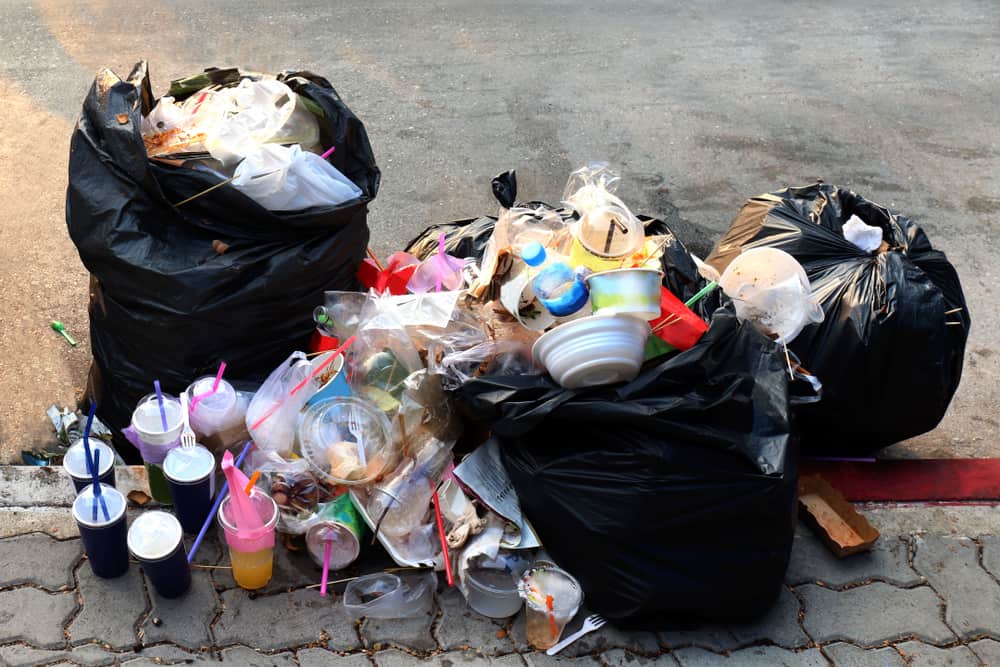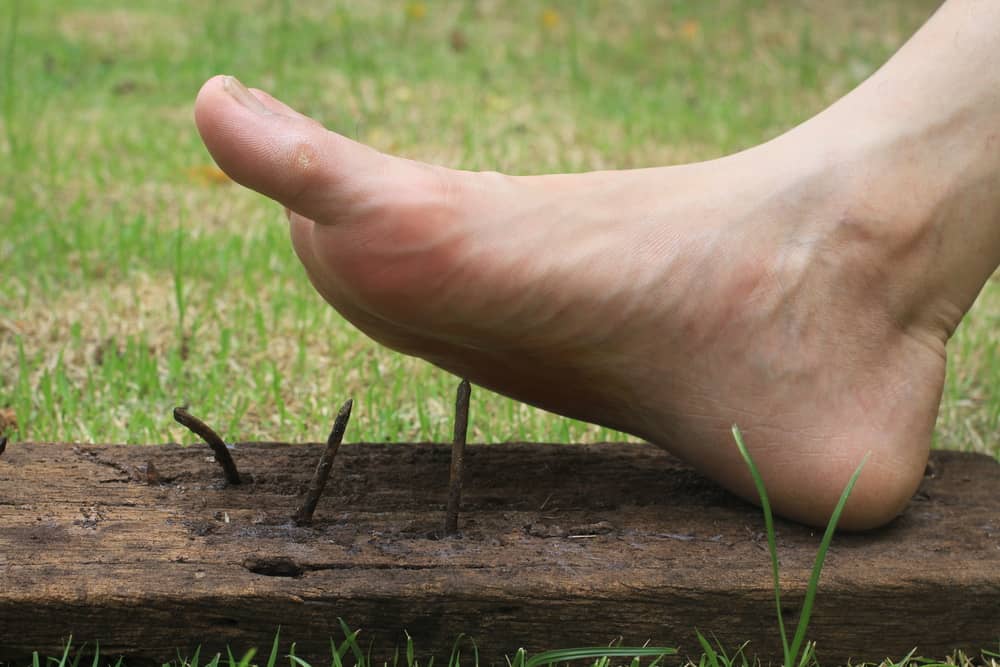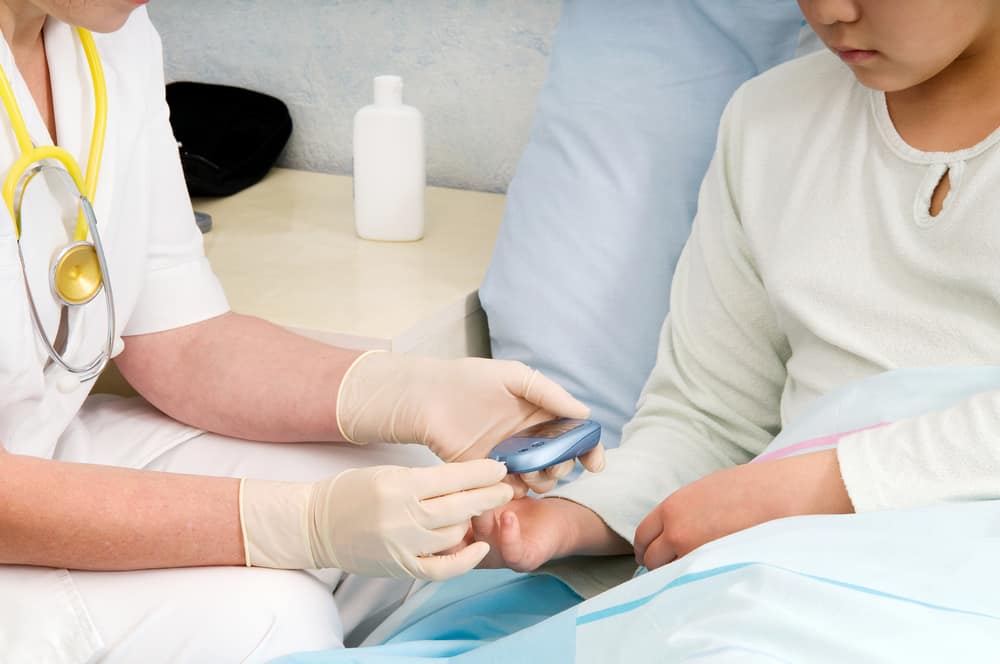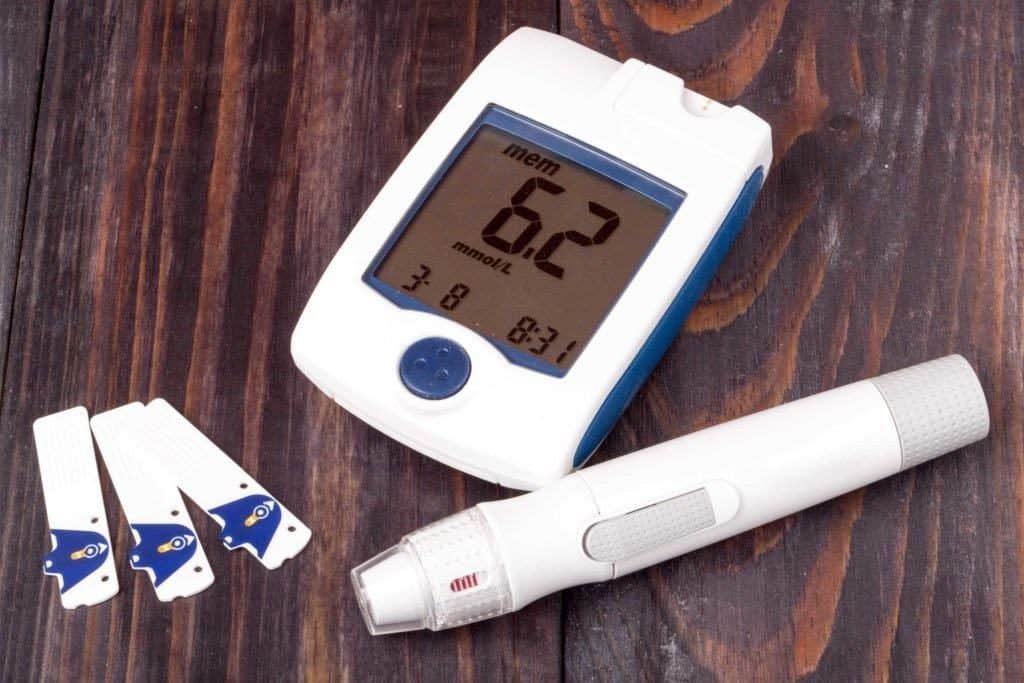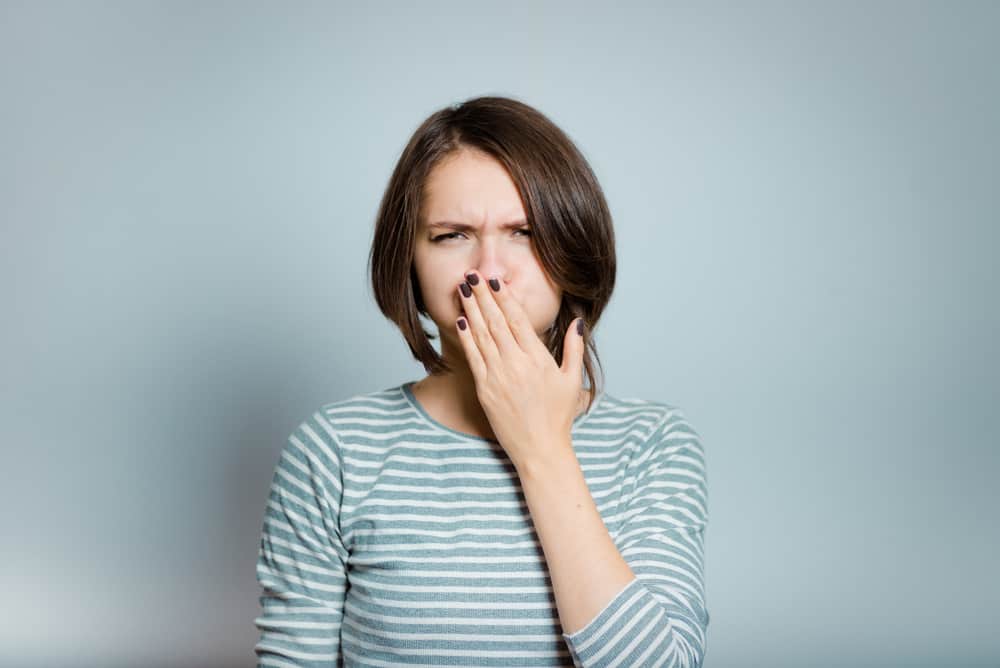Contents:
- Medical Video: Why Don't We Burn Our Trash?
- Danger of littering
- Garbage contains bacteria that cause disease
- Waste can also poison river water that is used as a source of clean water for everyday use
- Avoid littering with the following tips
Medical Video: Why Don't We Burn Our Trash?
The habit of littering can not only endanger the health of the environment such as the danger of flooding. In fact, the physical health of humans can also be problematic because garbage is scattered everywhere. What are the dangers of littering for health?
Danger of littering
Waste or waste, such as food scraps, plastic, cigarettes, and paper, should be disposed of in the trash. Because, if not, the garbage will accumulate so that it rots and spreads unpleasant odors. Decaying rubbish heaps can also invite flies that will bring bad effects to the health of the body.
Garbage contains bacteria that cause disease
Sampah are piled up and scattered everywhere, especially leftover food waste, usually will rot and become an ideal breeding ground for germs. If flies, cockroaches, or mice touch rubbish and accidentally touch human hands, it becomes one of the ways to transmit germs from garbage to other people. Imagine if a fly or cockroach had just perched on a pile of garbage and then landed on your food. Obviously your food is contaminated with germs. Taking it will make you suffer from various diseases
Here are some diseases that occur due to littering:
- Hepatitis A
Virus Hepatitis A can spread through garbage. This virus causes acute liver dysfunction. The spread of the hepatitis A virus occurs due to contamination of food and water which is then consumed by healthy people.
- Dysentery
Dysentery is an inflammation of the intestine that causes diarrhea accompanied by blood or mucus. Diarrhea itself is characterized by frequent soft or liquid bowel movements. This condition is caused by amoeba and bacteria which are mostly found in scattered garbage.
Bacteria that cause dysentery can also move to humans after direct contact with bacteria in feces (for example, because they don't wash their hands cleanly after defecation). These bacteria can also spread through contaminated food and drink, or swim in polluted water. This disease is very contagious. If not treated immediately, dysentery can cause severe life-threatening dehydration.
- Salmonellosis
Salmonellosis is a disease that arises from infection with Salmonella bacteria in the stomach and intestines. Most patients with mild infections will recover within 4-7 days without treatment. Transmission can occur when people eat food contaminated with bacteria (such as eating in the same restaurant). Some people with acute diarrhea are hospitalized for infusion and get antibiotics.
Most Salmonellosis patients live in poor, polluted, and mostly close to garbage-filled environments everywhere. Therefore, the quality of food hygiene can increase the risk of toxic foods and other infections. In addition, you are also at high risk of Salmonellosis if you make contact with an infected person.
- PES
This disease is caused by bacteria Yersina pestisia which is transmitted by mice and other rodents. Generally, bubonic plague is spread in densely populated areas and certainly has a poor level of cleanliness, aka rubbish is scattered everywhere. Complications of diseases from mice can lead to meningitis, even death.
Please note, that this disease is not only spread through mice. Animals such as rabbits, dogs, lice cats that have been infected with PES can be a source of disease transmission. Transmission occurs if you make direct contact or are bitten by the animal.
- Dengue fever
Dengue Hemorrhagic Fever (DHF) is an infectious disease caused by a dengue virus carried by mosquitoes Aedes aegypti. Dengue Hemorrhagic Fever was formerly referred to as "break-bone" disease because it sometimes causes joint and muscle pain that makes the bones feel cracked.
Dengue mosquitoes often multiply in stagnant water in trash dumped carelessly. Therefore, it is good that garbage is not disposed of in a sustainable manner, but is buried to prevent the formation of mosquito nests.
Waste can also poison river water that is used as a source of clean water for everyday use
The habit of littering can cause garbage to accumulate at times or river flow. As a result, the ecosystem inside will be damaged. Animals that live there and the quality of the water can be polluted if the waste accumulates. Not to mention the flow of the river which is blocked due to garbage, causing other disasters.
There are several health problems that arise when someone consumes polluted river water. Some of the diseases include:
- Cholera. This disease is caused by bacteria Vibrio cholerae when you consume water or food contaminated with feces from people who have this disease. You can also get cholera if you wash food with contaminated water. Symptoms include diarrhea, vomiting, stomach cramps, and headaches.
- Amoebiasis, or tourist diarrhea, caused by amoeba that live in polluted water. This amoeba results in infection of the large intestine and liver. Symptoms including bloody and slimy diarrhea, can be mild or very severe.
Avoid littering with the following tips
Now, you already know the danger of littering for the environment and health. From now on, immediately stop these bad habits and move to a safer way to manage waste.
The following are some simple tips that can help reduce the amount of waste without having to throw it carelessly:
- Avoid waste. The more household products you buy, the more garbage you will incur. So, buy enough food or household products and choose the product with the simplest packaging.
- Reuse. To reduce the amount of waste, you might be able to reuse items that are already unused. For example, turning used cans into plant pots or piggy banks, or turning used clothes into rags or mats.
- Recycle. Use used items that can still be used and recycled into new, economical and useful items. For example, making baskets or bags from a collection of coffee packs, newspaper waste into recycled paper, and so on.
- Make compost. Rather than burning trash and causing air pollution, make leftover food ingredients and leaves into compost for your plants.
- Dispose of trash properly. Instead of hurrying to burn it, throw garbage in the final dump. In fact, there are now many places that facilitate recycling of household plastic into more useful household products.

